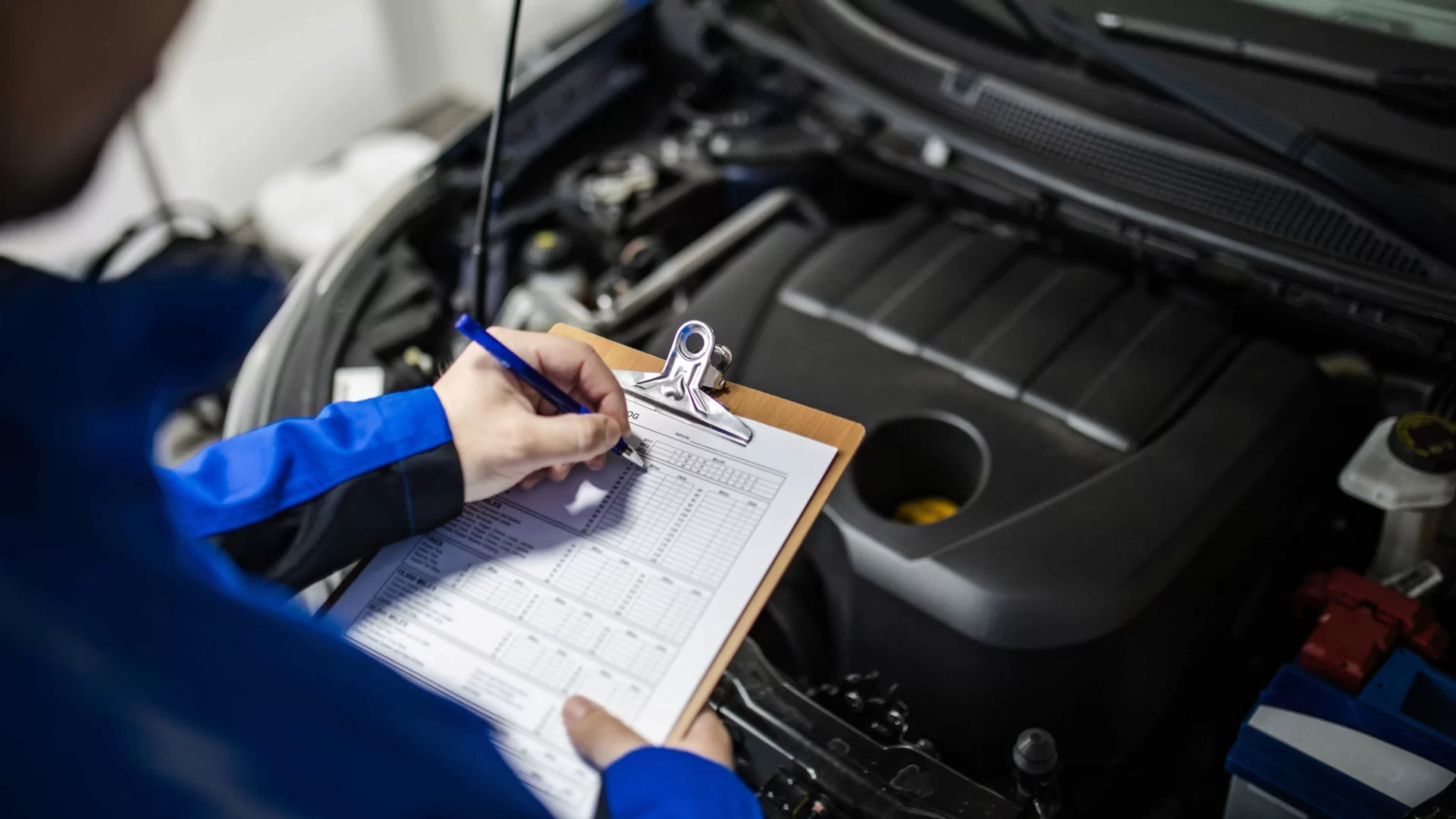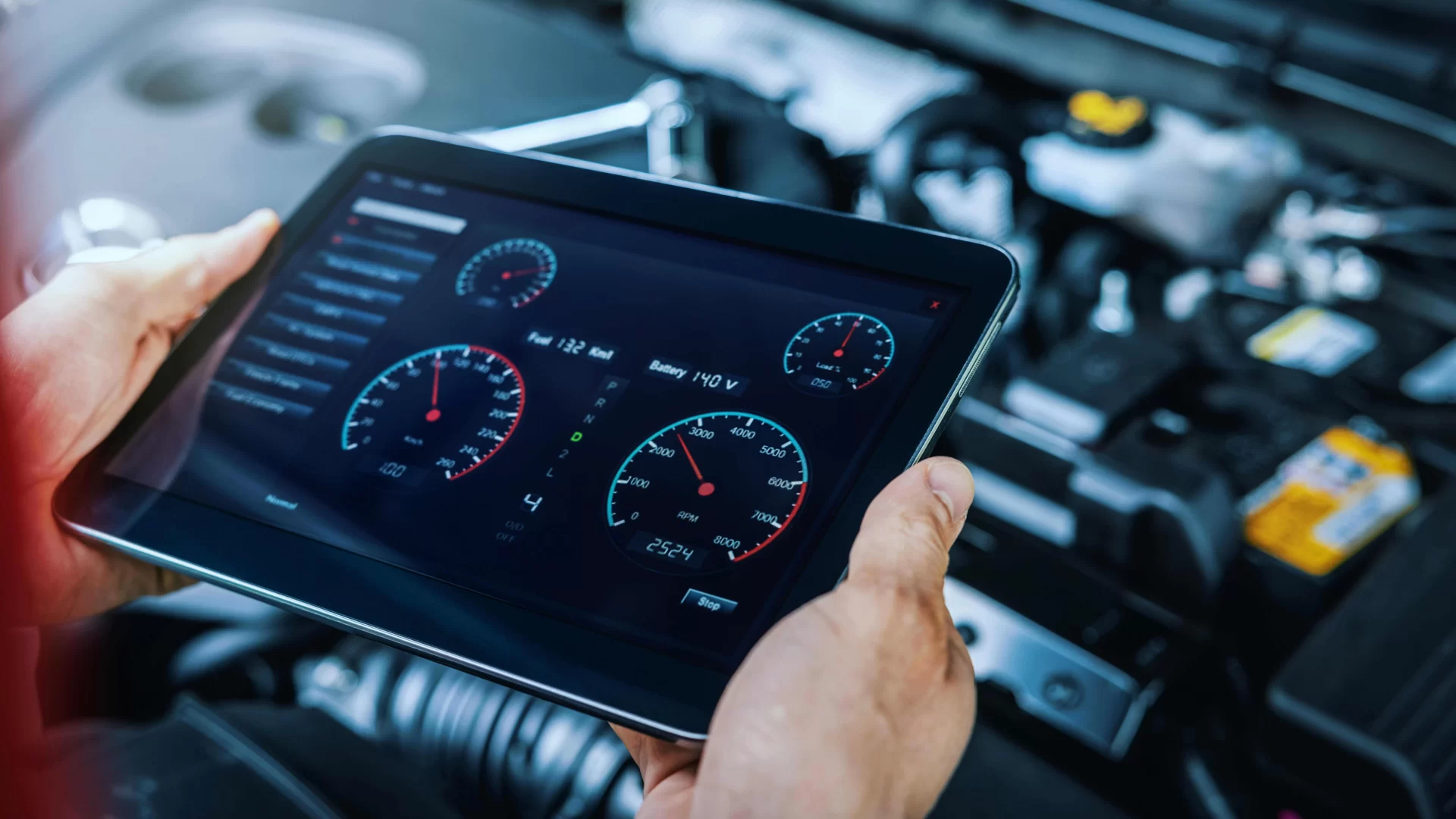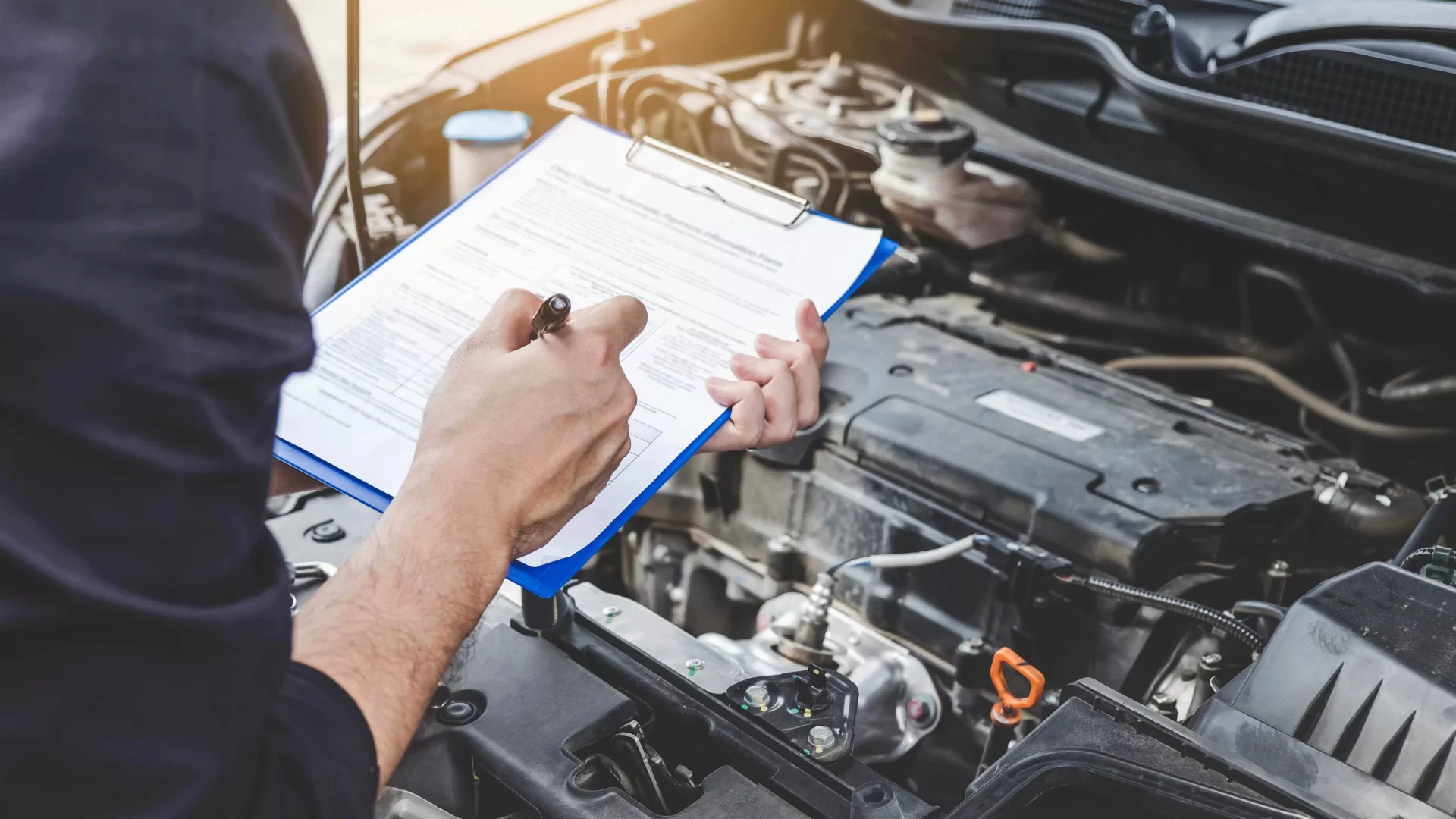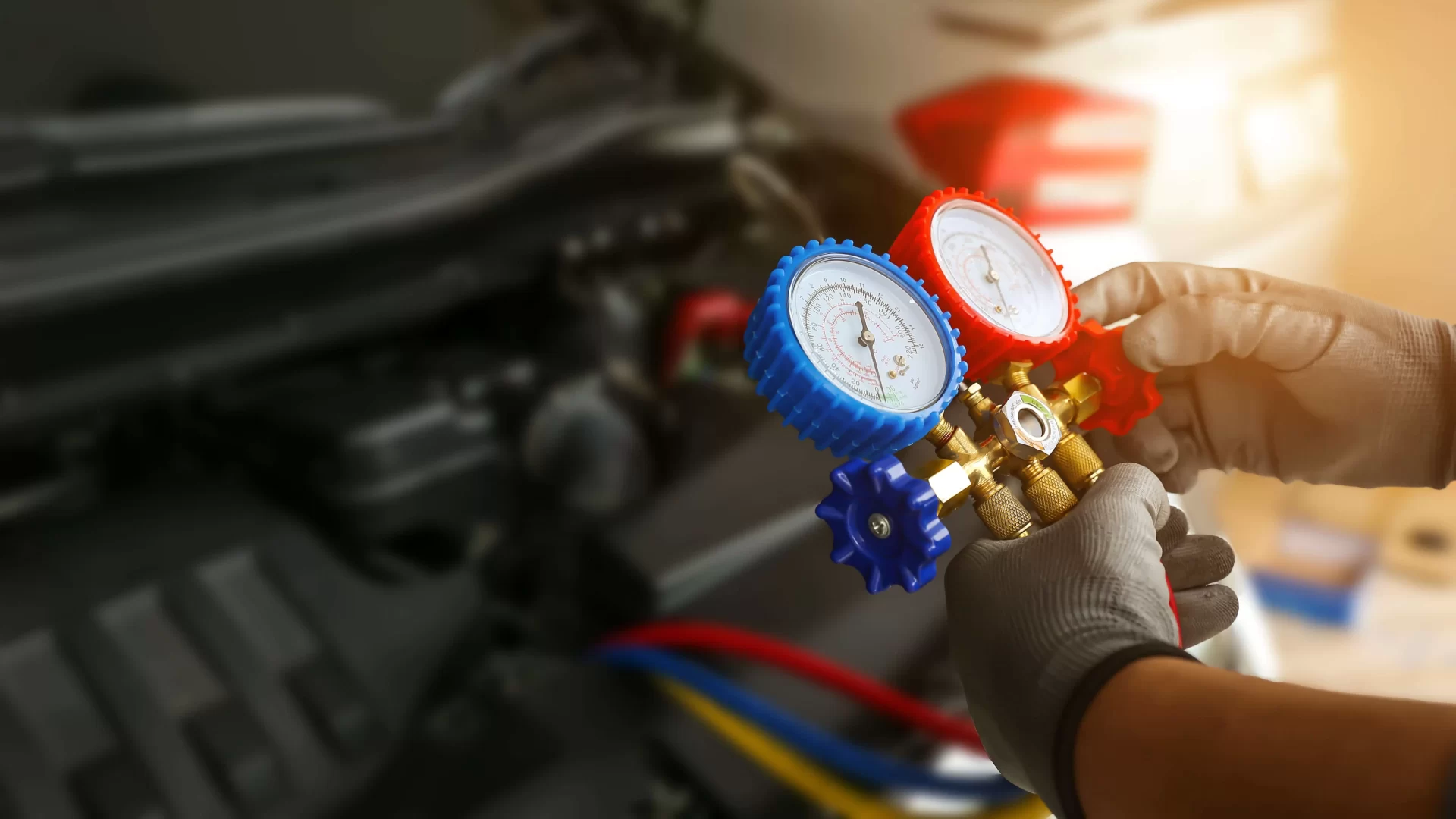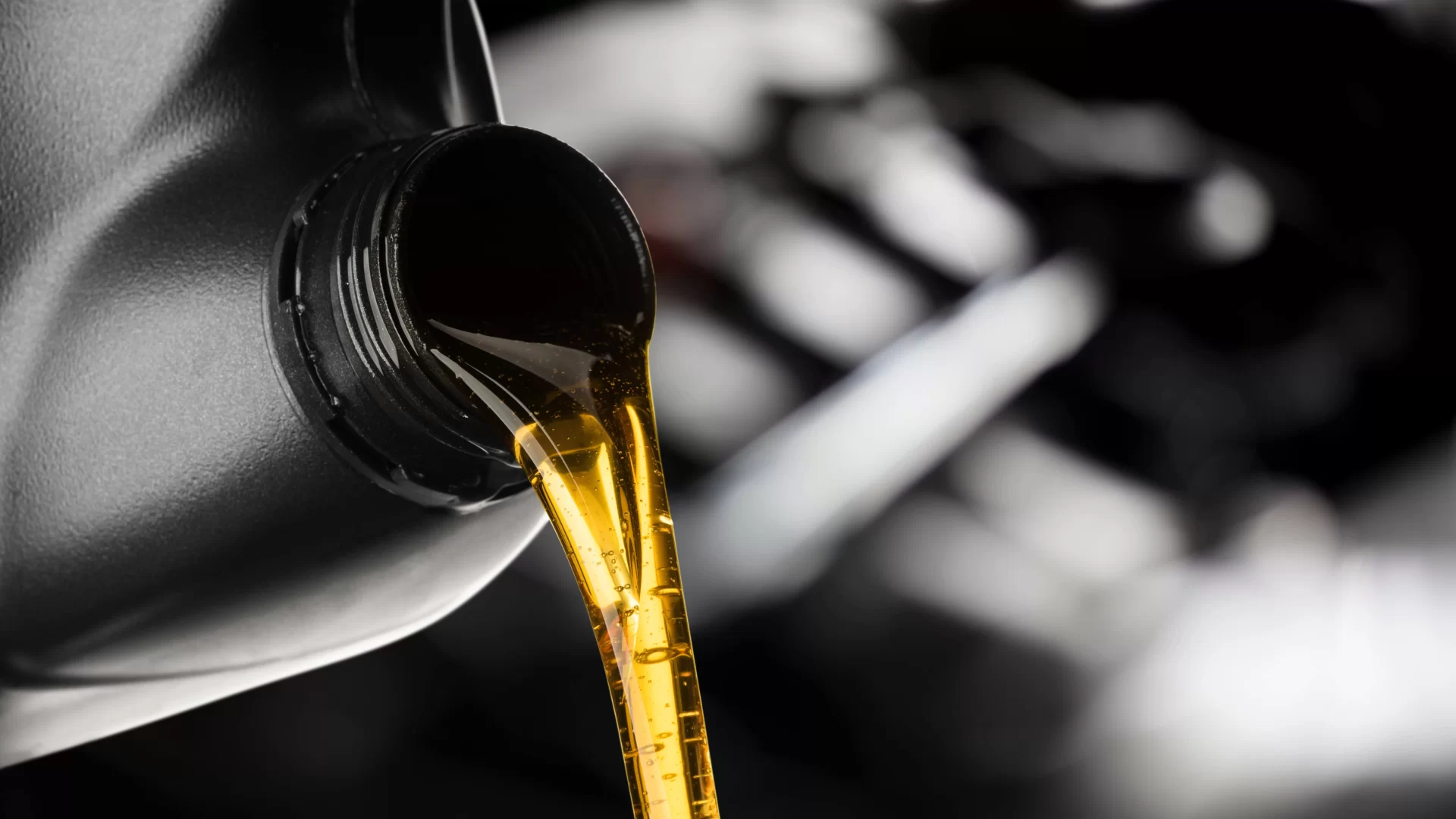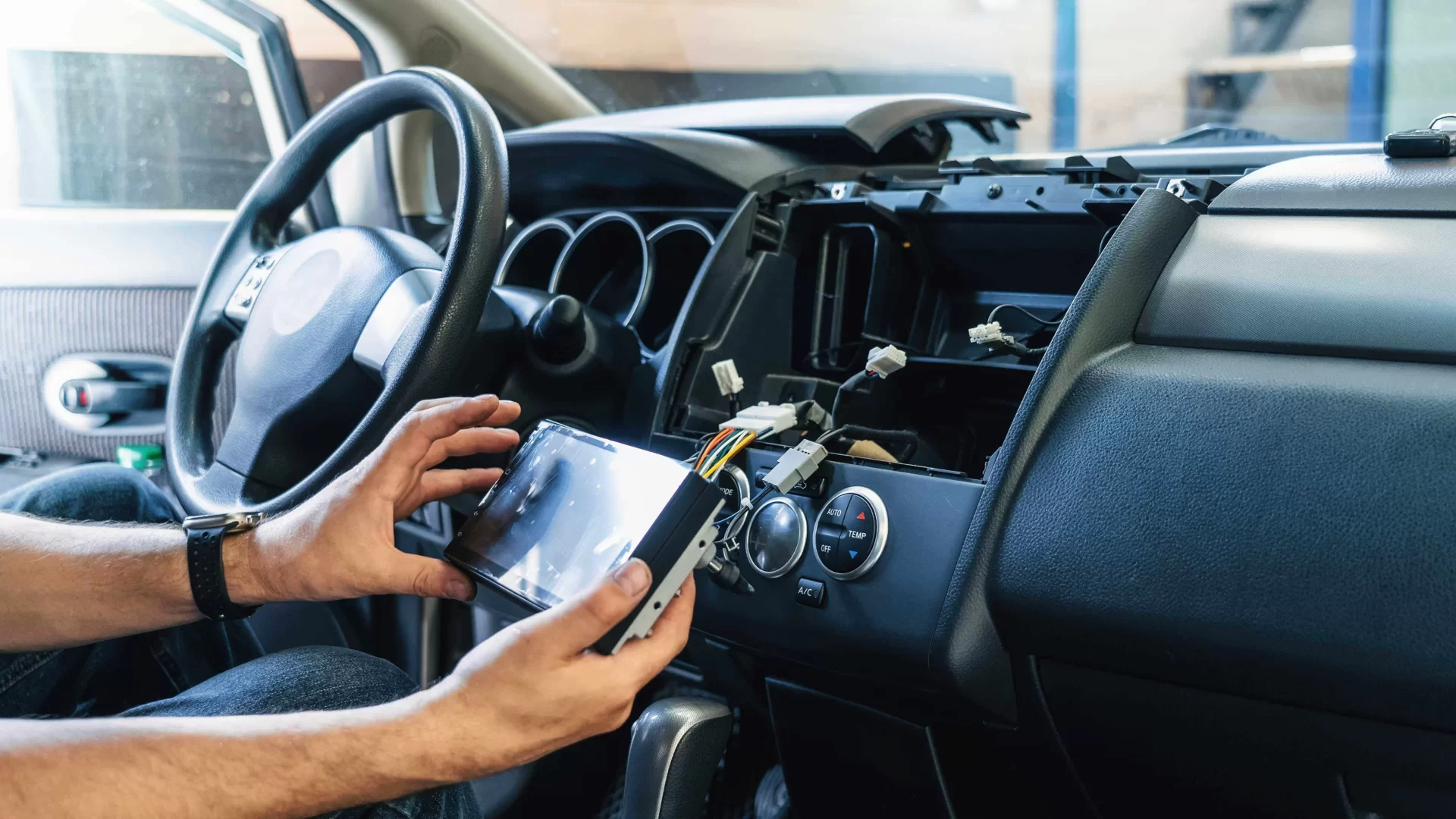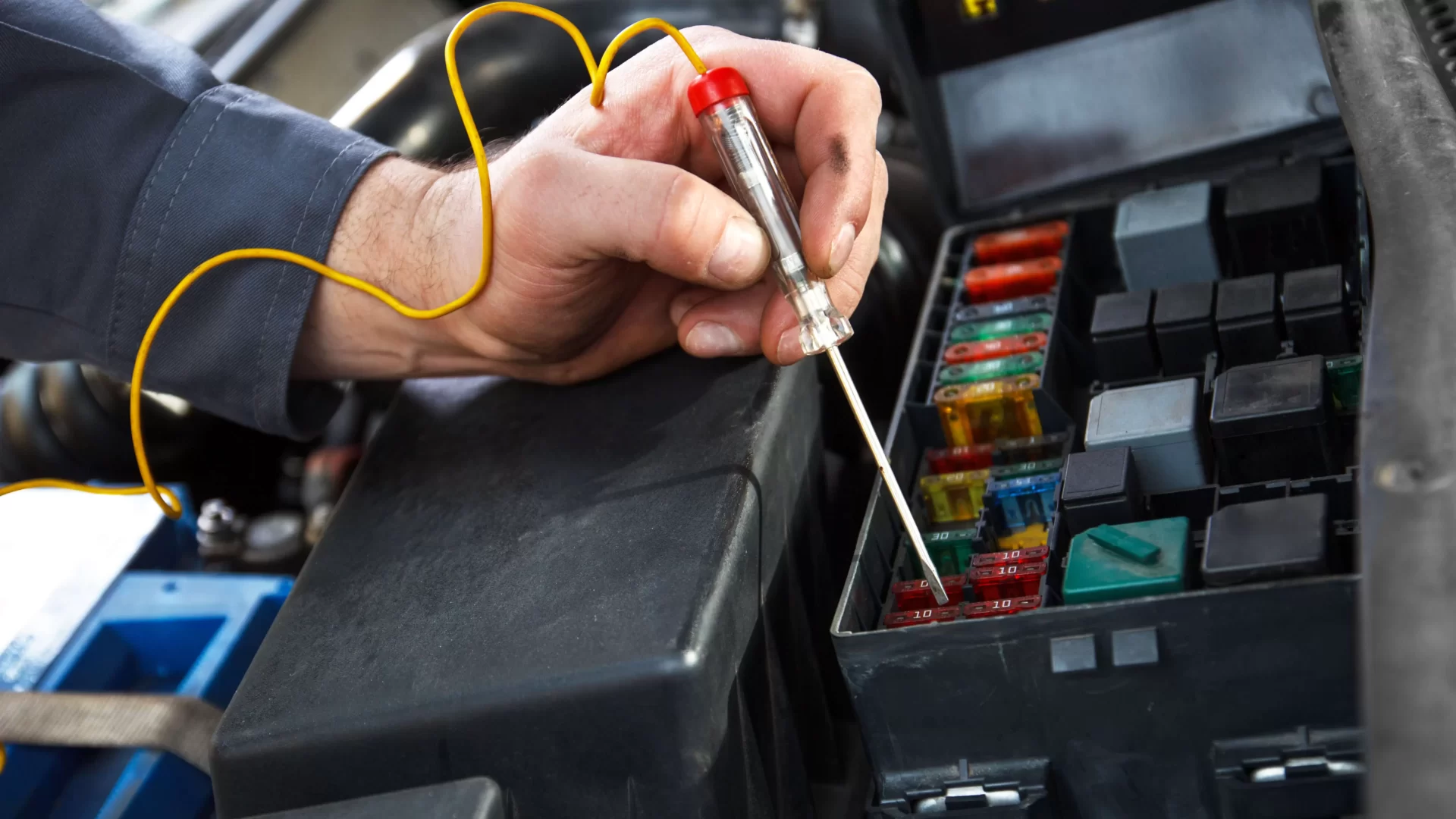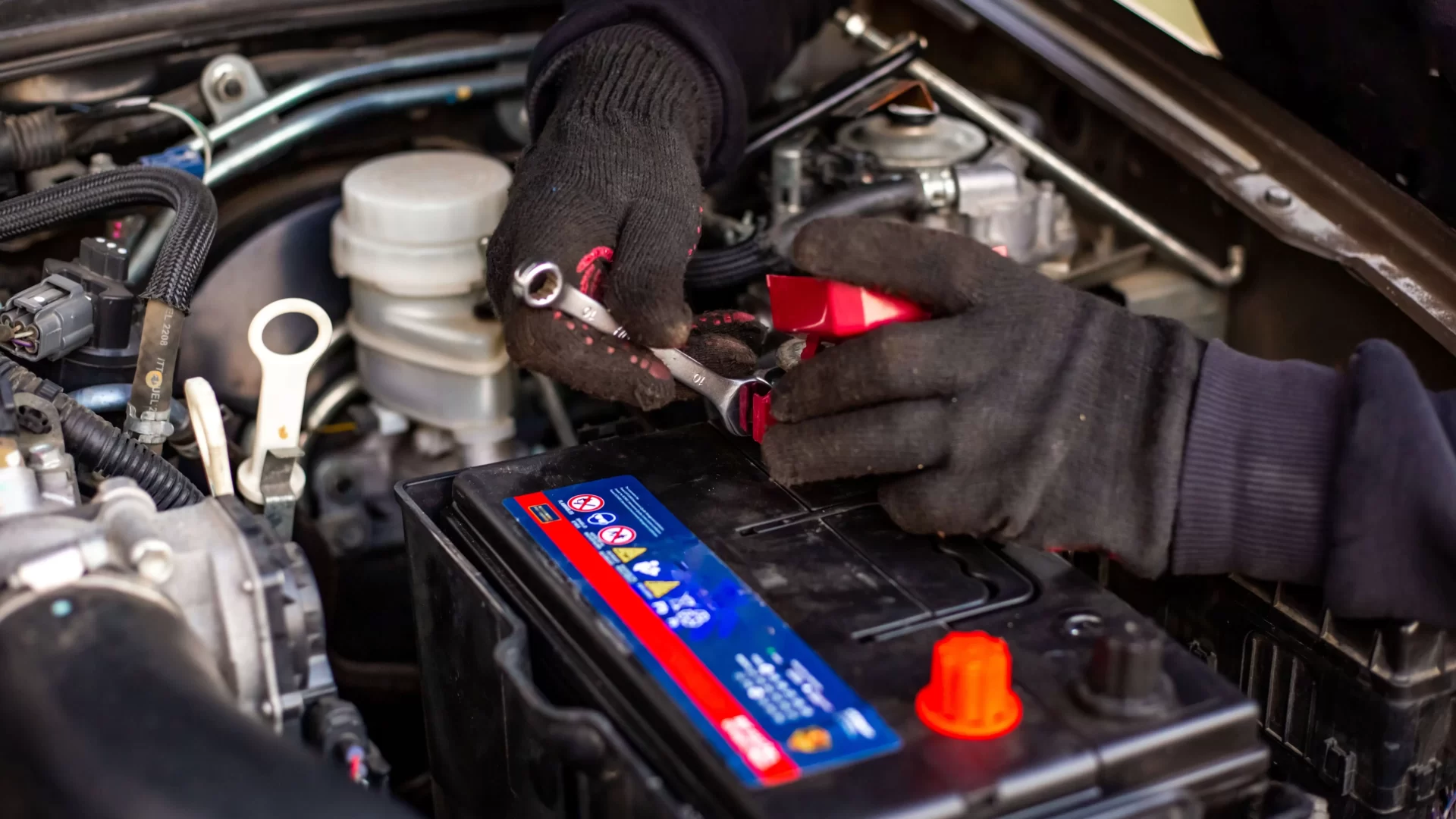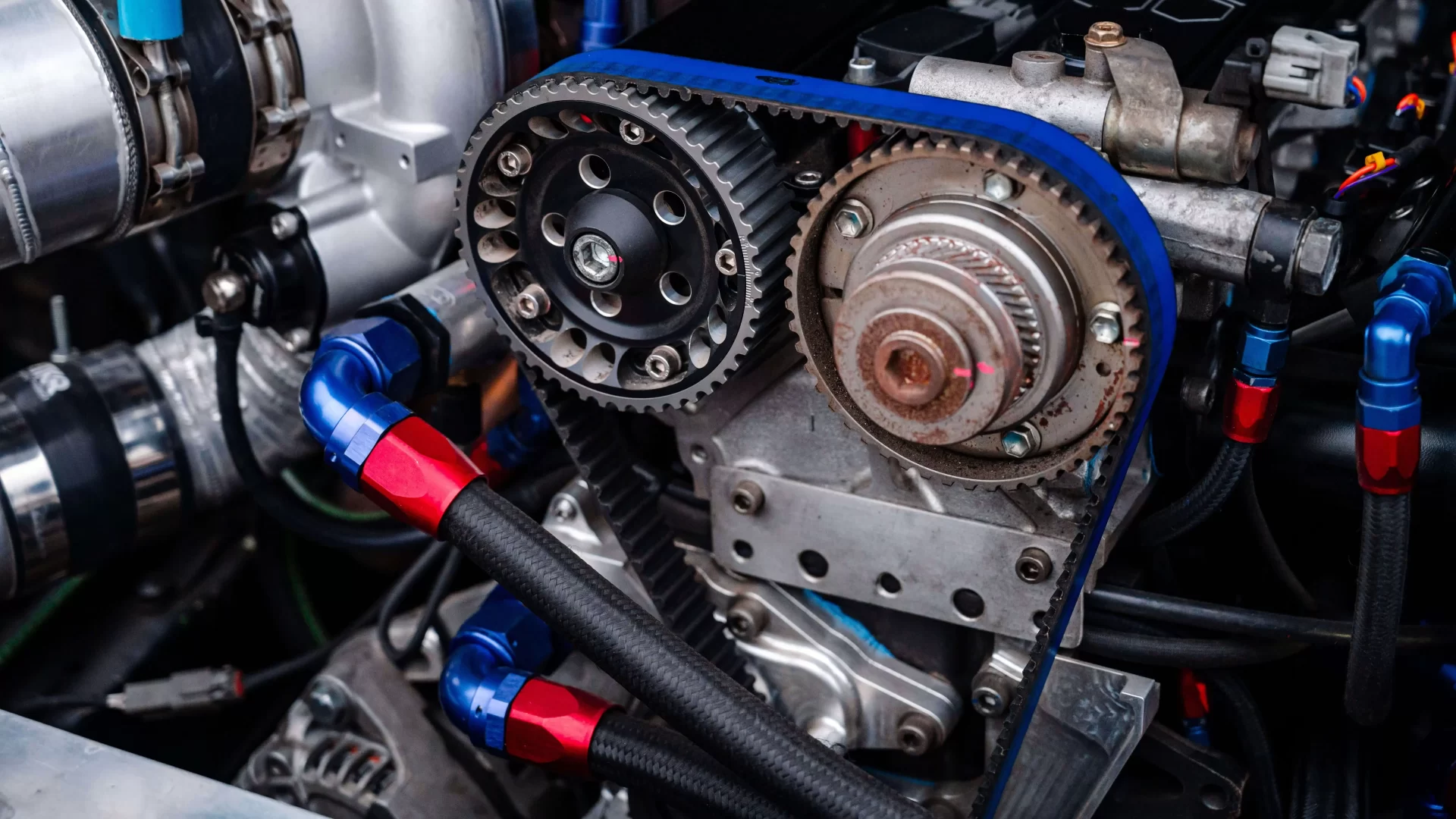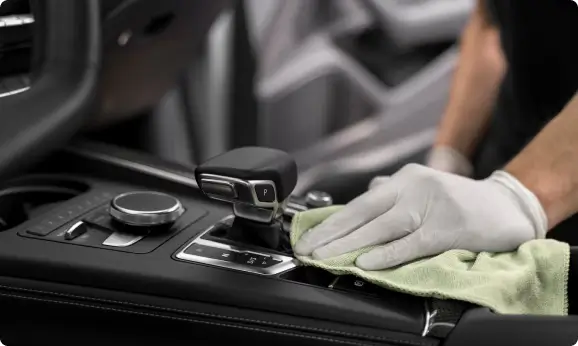Gallery
Car Engine Tuning in Dubai
Price
Reviews
write a reviewRelated Services
Our Team
Tuning of an engine means fine-tuning the finest details of it to optimize engine performance for all your needs and driving styles. This article will delve deep into the world of engine tuning while observing its benefits, the types of tuning, factors considered, etc. In other words, we will try to explain why the owners of costly and quality models would like to make their Audi or BMW even more effective.
What is Engine Tuning?
Engine tuning is the process of setting certain parameters in the electronic control unit of your car to get specified engine power. The parameters include ignition timing, air/fuel ratio, and valve timing, among many others. Newer cars have computerized control over these aspects and hence engine tuning becomes rather technical.
Benefits of Engine Tuning
Before taking an in-depth look at the issue, let’s discuss the benefits associated with this car tuning service.
- Performance Tuning: It can give you a more powerful engine, more horsepower, higher torque, boost pressure, torque, and acceleration in your car for a more exciting and responsive drive.
- Fuel Economy: Tuning allows your motor to operate in a more idealized version of its combustion process, which can yield improved fuel consumption and lighten your wallet at the pump.
- Longevity: A tuned car runs more smoothly, with a higher power output and reduced wear and tear on components, which increases the potential lifespan of your engine.
- Improved Safety: Tuning increases the power-to-weight ratio of your vehicle, enabling you to accelerate more and handle emergency situations better.
The benefits derived from engine tuning are many. It improves the driving characteristics, such as performance, safety, or even engine durability. Engine tuning can improve your car in such a way that you will really feel the difference.
Types of Engine Tuning
Now let’s discuss the different ways and means embraced by car enthusiasts and professionals alike in the course of bringing out the ultimate potential of the engines.
- Stock Tuning: This is a kind of adjusting which implies modifying the parameters of an engine within the ranges recommended by the manufacturer with the view of achieving optimal performance without affecting warranty and/or reliability.
- Aftermarket tuning: This is beyond the range of stock tuning, in which parameters are adjusted to achieve a higher level of performance. This might involve the addition of turbochargers or superchargers to increase the car’s performance.
- Custom tuning: This is the most personalized performance enhancement where the parameters are specifically tailored to suit your driving style and needs. This often involves both hardware and ECU modifications of the vehicles.
Among the varieties of engine upgrading, there are many roads that lead to the same end: from manual adjustments to the ECU remapping (chip tuning). Each way has its merits and caters to different tastes and aims of the owners of automobiles. Whether it’s increased horsepower, better fuel efficiency, or a special sound, there’s always a way to have your car tuned.
What to Consider Before Engine Tuning
Before you tune your engine, consider the following:
- Vehicle Model, Age and Condition: Older cars or those with very high mileage will not considerably benefit from tuning because the components (suspension, sway bars, etc.) are extremely worn out.Whatever you dotothese car’s engines, the overall characteristics will remain low.
- Warranty Considerations: In most instances, any form of changes will void the manufacturers’ warranties; hence one should weigh the pros and cons before proceeding to do so.
- Legality and Insurance: Make sure that changes will not make your vehicle illegal to drive on the highway and will not void your insurance policy. For example, you can modify the exhaust system so, that it doesn’t comply with the regulations.
How to Choose the Right Engine Tuning Service
When opting for a service, look for the following:
- Experience and Knowledge: Find a car tuning provider who can prove they have worked with your vehicle’s make and model before. Check for those who have experience with Mercedes Benz, BMW, Audi and other luxury models.
- Reputation: Read reviews, ask around, and make sure you are working with a reputable car tuning business.
- Transparency: A good service will clearly explain what is to be done, what the expected results are, and specify the car tuning cost.
The Engine Tuning Process
Tuned cars have engines with a series of modifications that enhance the performance of an internal combustion engine. Engine upgrading can be summarized in a number of steps:
- Baseline Testing: This is necessary to be done before any modification is made. It is carried out on a dynamometer used for the measurement of critical parameters, such as horsepower, torque, etc.
- Hardware Upgrades: These may include the installation of high-performance air intakes, combustion chamber enhancement, exhaust system upgrade, adjusting fuel injection, getting an improved throttle response, installation of turbochargers together with better sway bars to decrease the load on suspension.
- Software Adjustments: It is the modification of the ECU (engine control unit) settings for maximum performance. The vehicle’s ECU controls a range of functions, including the delivery of fuel, exhaust, torque, ignition timing, and air/fuel ratios. Using software upgrading, it is possible to make adjustments in the memory chip. Improvements of the ECU lead to improvements in power output and overall smoother engine operation.
- Diagnostics and Testing: After hardware modification and software calibration, the engine needs to go through serious testing so that all parts can work together in harmony. Check for potential problems such as misfires of the engine, overheating, excessive emissions from the exhaust system, and excessive impact on the suspension.
- Iteration: Very often, the whole process is iterative in nature, where the cycle of changing and testing repeats multiple times. As performance increases, newer data is gathered, and the tuning process becomes more exact.
- Final Validation: Upon the completion of the process, the engine should go through a final validation process where the performance of the automobile will be checked by mechanics against the baseline data. This will ensure that the changes have been effective to achieve the required performance and the motor is operating efficiently.
- Maintenance and Monitoring: After the process is completed, regular maintenance and monitoring are very important for the continuity of optimal performance. This involves periodic checks on the performance metrics of the motor and deals with arising issues before they escalate.
Nowadays, the tuning industry has developed a lot, but one needs to use it with much care. Many manufacturers actually recommend against changes. The reason is because incorrect engine upgrade will create many problems with reliability and safety. It is, therefore, highly recommended to seek services of a professional tuner or reputable tuning shop for the best results and driving experience.
Car Tuning Costs
The price that you will have to pay to upgrade an engine depends on your car and kind of tuning, as well as on location. You can expect to spend an average of 200 to 1,000 for a professional tuning service.
Why You Shouldn’t Tune Engine Yourself?
While this may be tempting to do it yourself, it is usually advised against. You can damage the motor since you do not have the necessary knowledge and equipment. You could also void some type of warranty that you might be under. Poor performance and high emissions are other likely outcomes of poor tuning.
Engine Tuning and Maintenance
Performance tuning requires the effect of routine services to squeeze more power out of the motor. Keep your oil levels up, change the air filter and brake pads on time, take care of the suspension, and do all other necessary regular tune-ups. Your car should stay tuned.
Tuning is a sure way to unlock the full potential of your vehicle through improvements in performance, fuel economy, and safety. Tuning increases power and boosts your driving experience.
Knowing what the process is all about, keeping in mind what your vehicle needs, and selecting a good tuning service will convert your driving into pure pleasure.

